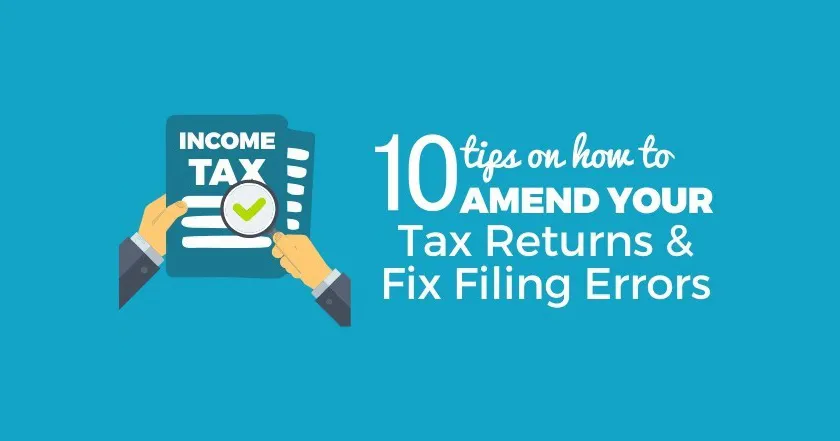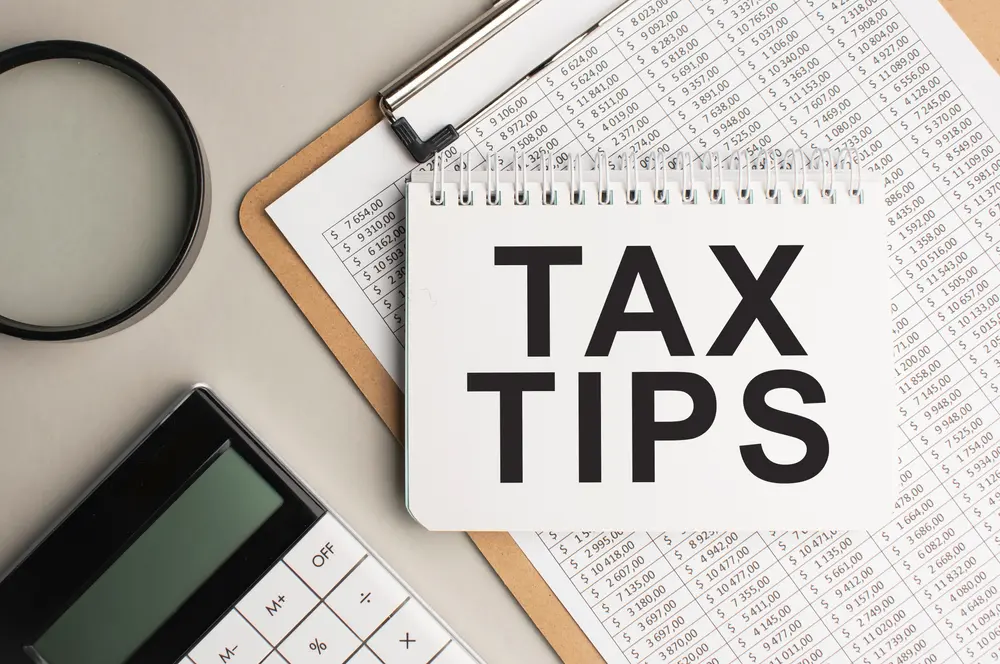Managing small business taxes can feel overwhelming, but with the right approach you can stay compliant, reduce liabilities, and protect your financial health. This guide explains the types of taxes small businesses face, the steps for filing correctly, and practical strategies to stay organized while supporting long-term business growth.
What Are Small Business Taxes?
Small business taxes are financial obligations imposed by federal, state, and sometimes local governments. These taxes apply to a business’s income, payroll, and certain operations or goods. The types and amounts owed depend on factors like business structure, revenue, location, and industry.
Types of Taxes Small Businesses commonly Pay
- Income Tax: Businesses pay taxes on net income. Sole proprietors, LLCs, and partnerships report income through the owners’ personal tax returns, while corporations file separate business returns.
- Self-Employment Tax: Business owners who operate as sole proprietors, partners, or LLC members must pay self-employment tax, which covers Social Security and Medicare contributions.
- Employment Taxes: If your business has employees, you must withhold and pay federal income tax, Social Security, Medicare, and federal unemployment taxes.
- Sales Tax: Businesses that sell taxable goods or services are responsible for collecting and remitting sales tax to the appropriate state and local agencies.
- Excise Tax: This applies to specific goods, services, or activities such as fuel, tobacco, or operating heavy vehicles. Not all businesses are subject to excise taxes, but it’s important to know if yours is.
How to File Small Business Taxes
Know Your Deadlines
Tax deadlines vary depending on your business structure:
- Sole proprietors typically file with their personal taxes by April 15
- Partnerships file Form 1065, generally due by March 15
- Corporations using the calendar year file Form 1120 by April 15
- S corporations must file Form 1120-S by March 15
Choose the Right Forms
- Sole proprietors: Schedule C (attached to Form 1040)
- Partnerships: Form 1065
- Corporations: Form 1120
- S corporations: Form 1120-S
Make Quarterly Estimated Tax Payments
If you expect to owe $1,000 or more in taxes, you likely need to make estimated tax payments each quarter. These payments cover income tax, self-employment tax, and any other applicable taxes.
Keep Organized Financial Records
Good bookkeeping is the foundation of accurate tax reporting. Maintain up-to-date records for income, expenses, payroll, and deductible business activities throughout the year.
Tips for Managing Business Taxes More Efficiently
- Use accounting software or hire a bookkeeper to ensure accuracy
- Regularly set aside money for tax payments to avoid shortfalls
- Stay current on tax law changes that may affect your business
- Claim all eligible deductions and credits to reduce taxable income
- Work with a tax professional like Tax Ace to tailor strategies to your business
Key Takeaways
- Small business taxes vary based on business type, revenue, and operations
- Filing the correct forms and paying taxes on time is essential to compliance
- Keeping detailed records supports accurate filings and maximizes deductions
- Quarterly estimated payments help manage cash flow and avoid penalties
- Professional support from firms like Tax Ace can simplify compliance and planning
Frequently Asked Questions
What taxes does a small business typically pay?
Most small businesses pay income tax, self-employment tax, employment tax, and potentially sales or excise taxes, depending on their operations.
When are business tax returns due?
Sole proprietors generally file by April 15. Partnerships and S corporations file by March 15. Corporations may follow a different fiscal year and have returns due by the 15th day of the fourth month after their year ends.
Am I required to make estimated tax payments?
Yes, if you expect to owe $1,000 or more in taxes for the year. Estimated payments are due quarterly and help avoid penalties at year-end.
How can I legally lower my business tax liability?
Track all eligible deductions, plan purchases and investments strategically, and consult with a tax expert to apply the most beneficial tax strategies.
What are the consequences of missing a filing deadline?
Late filings can result in penalties, interest charges, and potential disruptions to your business’s standing with the IRS or your state.





